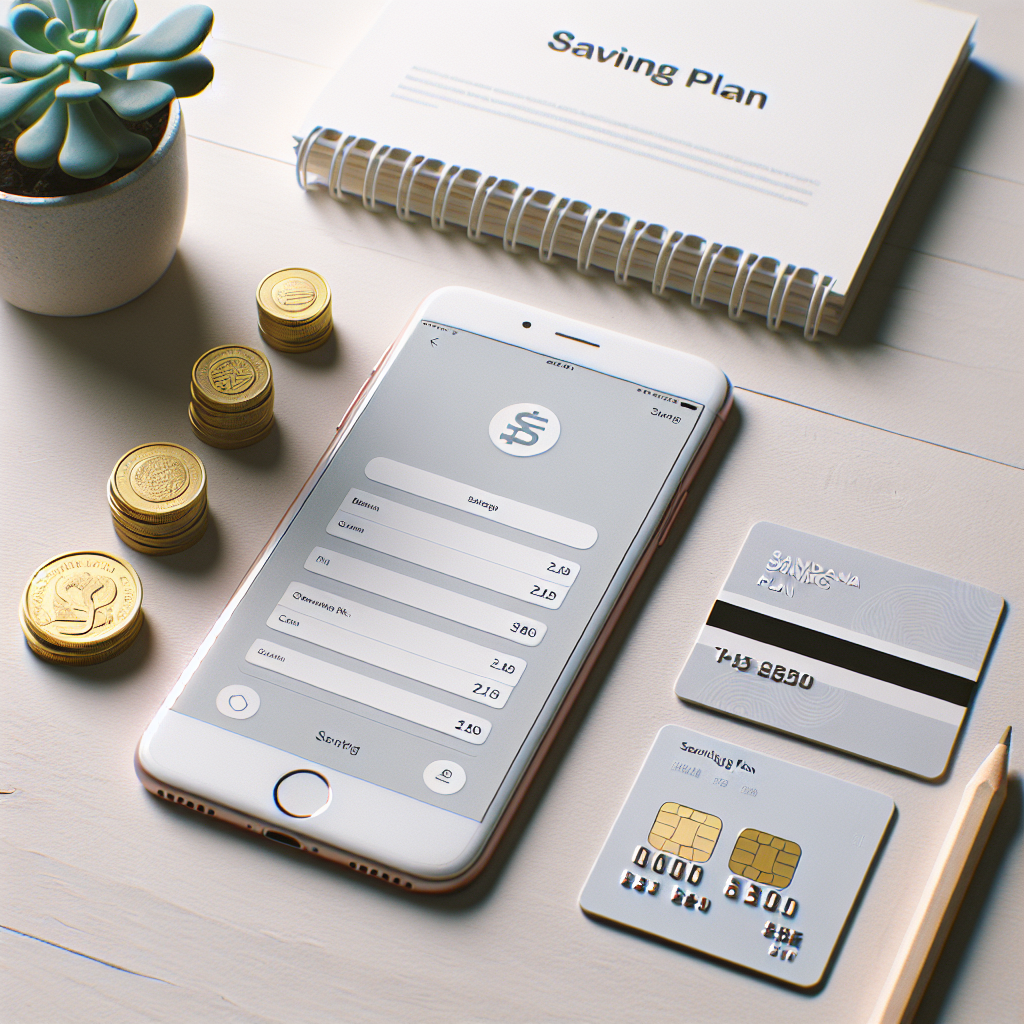Saving money in Sweden does not have to be complicated. With a mix of purposeful budgeting, smart credit card use, and the right digital tools, you can reduce fees, boost short-term savings, and accelerate long-term goals. This guide focuses on practical, modern tactics that fit Sweden’s payment habits—combining card features, apps, and habits to create a resilient saving system.
Why combine credit cards and saving strategies?
Many people think credit cards and savings are opposites. In reality, the cards you choose and how you manage them can be powerful allies for saving. When used responsibly, credit cards can offer interest-free grace periods, cashback or points, purchase protections, and automated payment options that support disciplined saving.
Key benefits to leverage
- Interest-free periods that help manage short-term cash flow without cost (if you pay in full).
- Rewards and cashback that effectively lower spending when redeemed or converted into savings.
- Automated payments that prevent late fees and protect your credit.
- Spending overviews from card issuers and third-party apps for better budgeting.
Practical saving tactics using Swedish cards and apps
1. Use the billing cycle to your advantage
Understand your card’s billing date and payment due date. Making larger necessary purchases right after the billing date extends your interest-free period. Always plan to pay the statement balance in full to avoid interest, and schedule transfers to your savings account between the billing date and due date if you have predictable income timing.
2. Automate savings from everyday spending
Round-up features and automatic transfers are small, effective ways to accumulate funds without thinking about it. Many Swedish banks and fintech apps offer round-up programs that move the spare change from card purchases into a savings pot. Pair these with an automated monthly transfer to a high-yield or goal-based account to see steady progress.
3. Optimize card rewards, then convert them to savings
Choose cards that offer meaningful rewards for spending you already do, such as groceries, transport, or online subscriptions. Track your redemptions—cashback or statement credits are easiest to convert into savings. If you want impartial recommendations on picking a card that matches your needs, check our review overview at Swedish Credit Card Reviews: Security, Limits, and Best Picks.
4. Set up an emergency fund as a top priority
Before chasing points or rewards, secure an emergency buffer—three months of basic expenses is a common target, though personal situations vary. Keep this fund in a liquid, low-risk account where transfers are instant from your main bank so you can avoid costly credit use in a crisis.
5. Minimise fees and unnecessary costs
Watch for monthly card fees, foreign transaction charges, and ATM costs. If you travel frequently or shop across borders, a card with low or no foreign transaction fees can save hundreds over time. Also, avoid cash advances and carrying a revolving balance; interest rates on outstanding balances can quickly erode savings progress.
Budgeting frameworks and behavior hacks
Zero-based and bucket budgeting
Zero-based budgeting assigns every krona a job—either spending, saving, or investing. Bucket systems divide funds into labeled accounts (bills, groceries, savings, fun). Combining these with card statements provides clear visibility over where your money goes each month.
Pay yourself first
Automate a fixed transfer to savings the day you receive income. Treat that transfer as a non-negotiable expense. When saving happens before discretionary spending, you avoid the common trap of spending the remainder and never reaching goals.
Track and reduce impulse spending
Use your card’s categorisation and alerts to flag recurring subscriptions and impulse purchases. Periodically audit subscriptions and trial services—many people forget free trials that auto-renew. For ideas on consistent saving practices that free up extra cash, see practical tips on ways to save money which translate well to disciplined habits in any country, including Sweden.
Tools, apps and resources that support saving
Sweden’s banking ecosystem is rich with digital features—use them. Native bank apps often include transaction tagging, savings goals, and quick transfers. Peer-to-peer payment apps (like local options) are useful for splitting costs and avoiding small debts among friends that can complicate budgets.
Create a regular finance review routine
- Monthly review: reconcile statements, check for unwanted charges, and move surplus into savings.
- Quarterly review: reassess goals, card benefits, and whether to switch cards or accounts.
- Annual review: ensure your emergency fund, insurance, and long-term plans align with income changes.
Responsible entertainment and spending categories
Entertainment and gaming can be social and fun but also budget-drainers. If you follow releases or promotions, do so intentionally and within a set budget. If you look into new gaming or casino experiences, learn how to evaluate and try releases responsibly by reading guidance on how to find and try new casino releases safely. Treat such spending as part of your entertainment bucket and cap it to prevent drift into essential funds.
When to consult card reviews and switch products
Card features, fees, and rewards change. If you’re unsure whether a card still meets your needs or if a new product could save you more, consult thorough comparisons and reviews. Our deep-dive reviews can help you choose wisely: Smart Swedish Budgeting: Track Credit Cards, Cut Costs, Save More offers practical steps to align cards with budgets and savings goals.
Conclusion: small rules, big effects
Saving effectively in Sweden is less about a single radical move and more about stacking small, consistent actions: automate transfers, use card benefits responsibly, minimise fees, and regularly review your plans. Over time these habits transform monthly habits into lasting financial resilience.
For a practical next step, pick one tactic above—set up an automated transfer, audit subscriptions, or choose one card benefit to optimise this month—and track the result. Little wins compound into meaningful progress.

